Panama
Delegates from around the world gathered in Panama City for the tenth conference of the Parties (COP) to the WHO Framework Convention on Tobacco Control, known as the WHO FCTC.
It was the first in-person COP since 2018, with earlier meetings held remotely because of the COVID-19 pandemic.
Although in the past 20 years tobacco prevalence among adults has declined, the WHO FCTC chief warned of the dangers the industry poses for the environment.
"The lands used for tobacco cultivation are lands that cannot be quickly reconverted to be used again because tobacco, on the one hand, is very demanding in terms of soil nutrients, but it also requires the intensive use of pesticides, so tobacco is really very polluting," Dr. Blanco Marquizo alerted.
Some 8 million people die each year from tobacco use worldwide.
Use among adolescents
The latest global tobacco report estimates that there are at least 37 million children aged 13-15 currently using some form of tobacco, with alarming levels of e-cigarette use among adolescents in some countries.
"Tobacco consumption is an addiction. Tobacco has nicotine, which is a highly addictive product, as addictive as illegal drugs, and the fact that it's legal doesn't make it any less addictive," Dr. Adriana Blanco Marquizo said.
Most people who smoke started smoking in their teens, when you're not yet quite ready to make decisions that are going to affect you later on, that will last a lifetime."
The conference decided to strengthen the article of the framework focused on the protection of the environment and the health of all people.
Another important decision was taken to strengthen guidelines on cross-border tobacco advertising, promotion and sponsorship, and the depiction of tobacco in the entertainment media.
In addition, two expert groups were established – one to work on forward-looking tobacco- control measures and the other to focus on liability.
Other decisions adopted by COP10 were related to the promotion of human rights through the WHO FCTC as well as strengthening the WHO FCTC Investment Fund.
The Parties also agreed to extend by five years the mandate of the Global Strategy to Accelerate Tobacco Control 2019–2025: Advancing sustainable development through the implementation of the WHO FCTC 2019–2025, so that it fully aligns with the 2030 Agenda for Sustainable Development.
COP10 also adopted the Panama Declaration, which draws attention to the fundamental and irreconcilable conflict between the interests of the tobacco industry and the interests of public health.
During the five-day summit which ended on Saturday, representatives from 142 parties tackled a range of issues including the regulation of tobacco advertising.




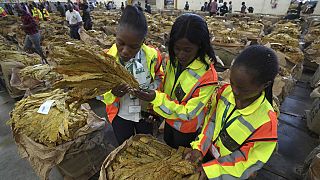

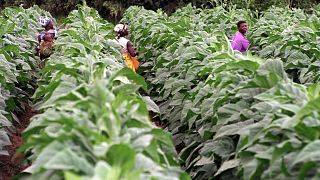
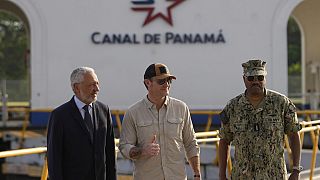
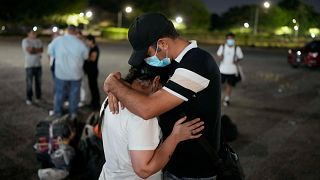
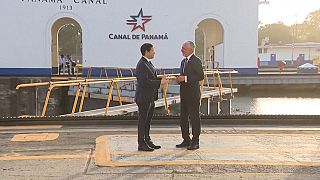

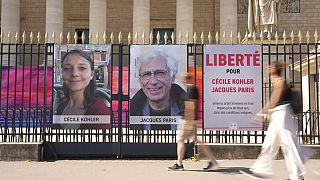
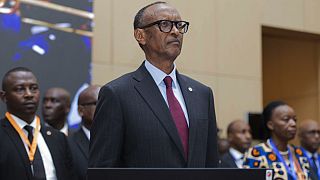
01:04
South Africa reports new bird flu outbreak on poultry farms
01:22
World will have to learn to live with heatwaves, UN says
01:39
Sustainable development financing conference opens in Seville
00:50
Ons Jabeur retires from Wimbledon Opener due to breathing issues
01:35
UN and Haitian officials mark one year since Kenyan police arrived to support security efforts
01:42
Gaza residents welcome rare organized aid delivery after months of chaos and hunger